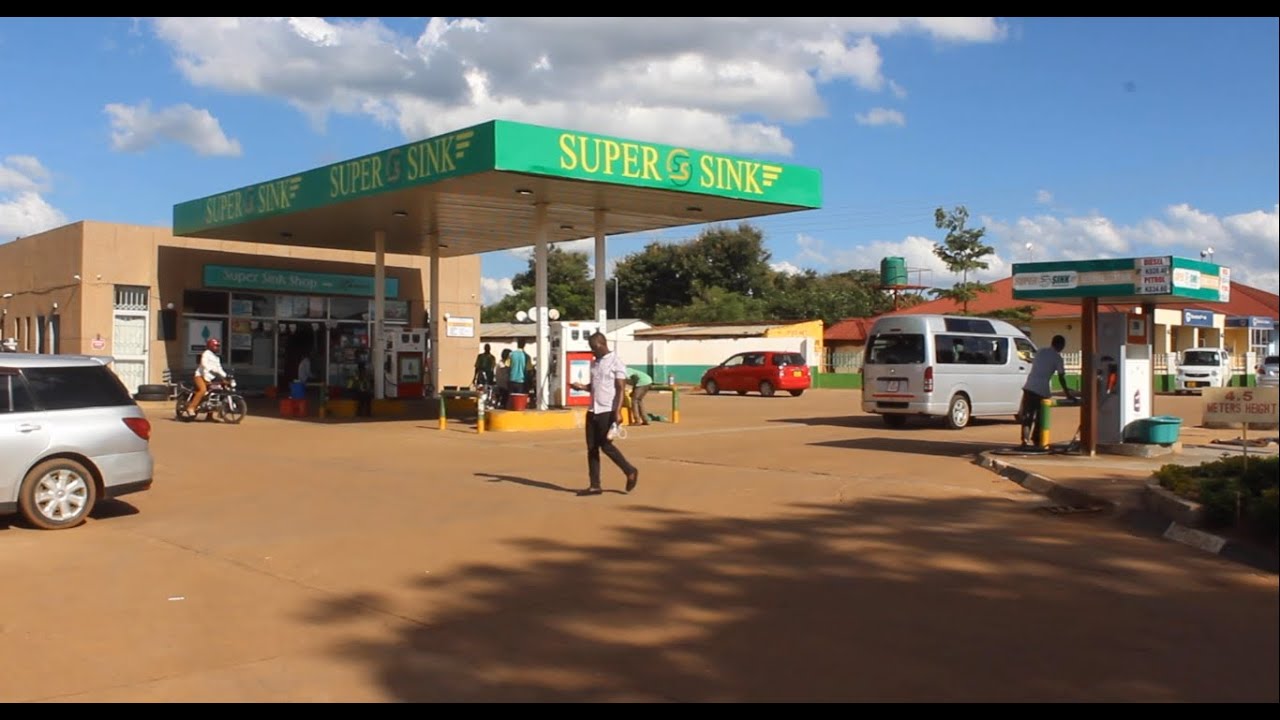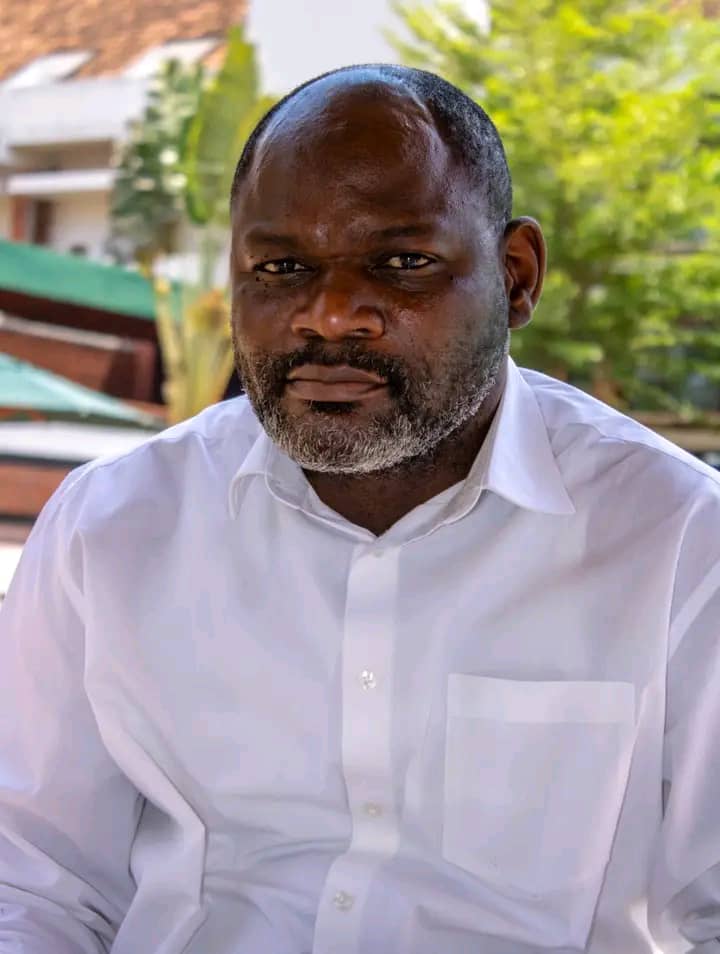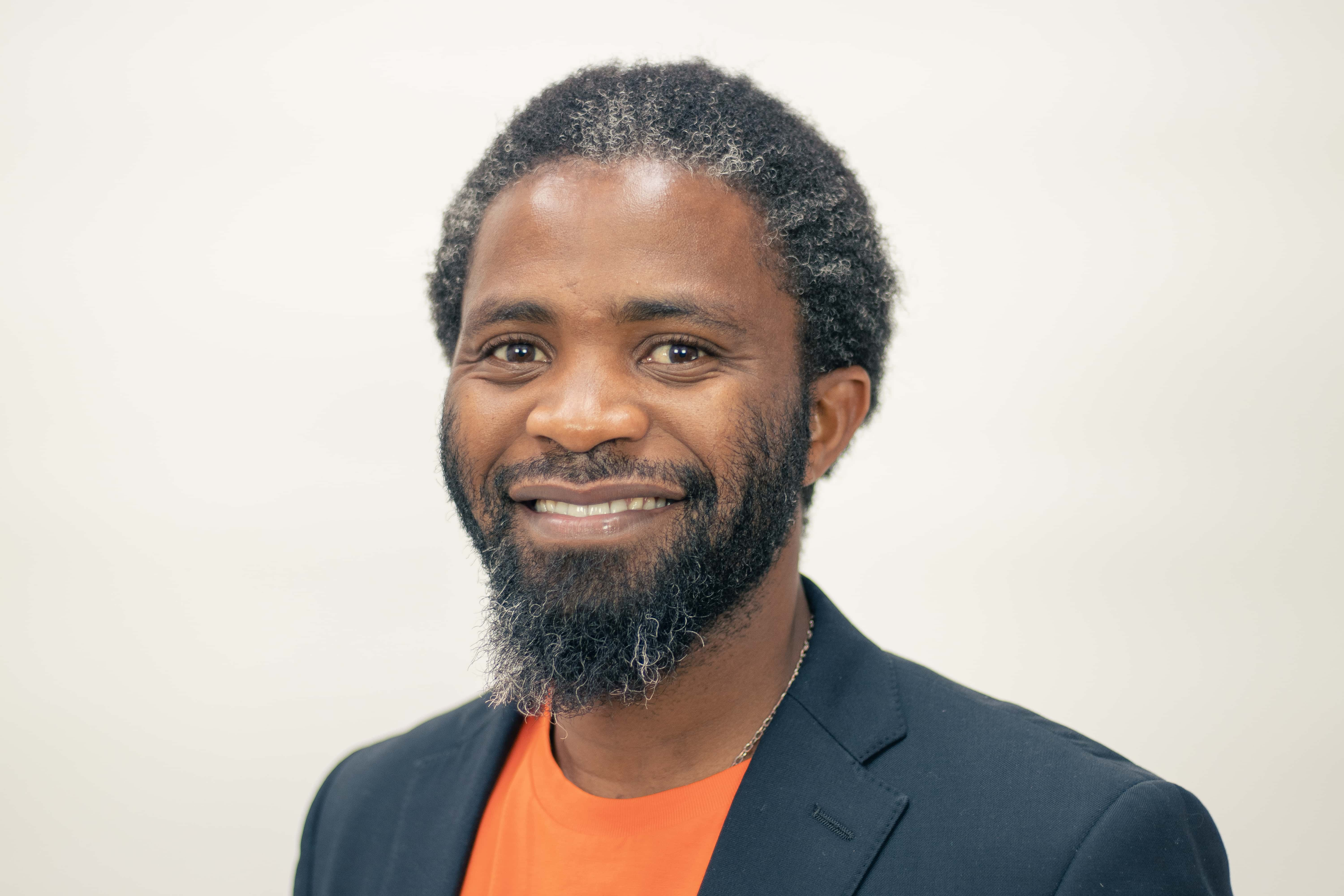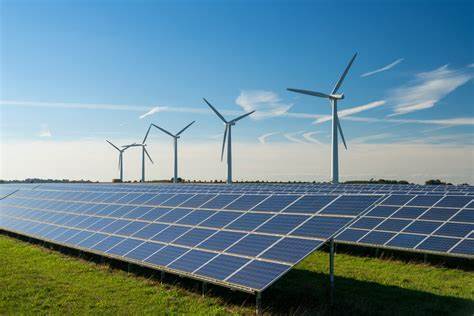Solar-powered water systems serve thousands in Karonga
January 10, 2024
Written by Rogers Bekisa Siula - UNICEF
Two years ago, 13-year Roydah Silumbu’s performance at Kiwi Primary School in Karonga took a nosedive. She would travel long distances to fetch water, get tired and hardly had time to study. At times, she would be absent from school.
“I was greatly affected, and teachers were worried about my dwindling performance. Long distances to access water affected my concentration on school. And since the water we were accessing was not treated, I was exposed to waterborne diseases,” recalls Roydah.
Roydah is one of more than 1,200 learners at Kiwi Primary School who now bask in the glory of uninterrupted water supply at the school. The school taps the water from a nearby Kaporo Health Centre where UNICEF, with funding from USAID’s Bureau of Humanitarian Assistance (BHA), supported installation of a solar-powered water scheme. The health facility has a tower comprising twin 10,000 litre water tanks that are powered by 12 solar panels.
“The hygiene and sanitation at this school has greatly improved. Apart from drinking safe water, we are also able to mop our classrooms and surroundings and wash our hands regularly. The water has also improved our menstrual hygiene as well as our performance in class. I am now one of the top performers at this school,” said Roydah, a Standard 6 learner.
Kaporo Health Centre’s Environmental Health Officer Benson Mithi said the solar powered water system has saved community members from water borne diseases because they are now accessing treated water.
“Before this system, community members were only accessing unsafe water as evidenced by numerous tests that we were carrying out. This hospital was never short of cases of waterborne diseases. But now that’s history, the solar powered water system has been a game changer. Apart from covering the hospital with clean and safe water, the system also provides piped water to the primary school, the market and six points spread within the surrounding community, catering for 347 households,” said Mithi.
So far, with UNICEF assistance, Kaporo, Wililo, Hara and Fulirwa health facilities are equipped with solar-powered water schemes that extend safe water supply to Ukanga, Gumi and Kazeze Primary Schools in the district.
A 15-year-old Tendai Sichali who is sitting for primary school leaving examinations at Gumi Boarding School says accessing safe water means everything to him as a learner at a boarding school. He says he is able to be neat and clean his utensils.
“We are 37 boarders here and 620 day-scholars. As you can see, we keep our uniforms, classrooms and hostels clean all the time because we have access to water. This water has also been extended to communities around this school, helping our parents to access safe water conveniently,” Tendai observed.
To ensure sustainability of solar powered water systems, community members contribute money based on the water usage at their respective kiosks. This money is used to purchase chlorine, clean the tanks and service the system.
Karonga District Water Development Officer Marcel Kaunda says solar powered water schemes are a good innovation that has proved to be impressive and user friendly. According to Kaunda, the seven solar powered water systems that the Government of Malawi has installed in the district with UNICEF support are a good investment in the provision of safe water.
“Access to safe water is a prime pillar in sustainable development goals. With this system, Karonga has made a lot of gains in improving access to safe water to its populace. The system supplies a lot of water than the hand-pumps which are mostly shallow wells,” noted Mithi.
Statistics from Karonga District Water Office indicate that the seven solar powered water systems that UNICEF rolled out in the district collectively provide safe water to a catchment area of about 16,500 households. Currently, Karonga has 75,102 households, and Mithi says more similar systems are needed to expand access to safe water across the entire district.













